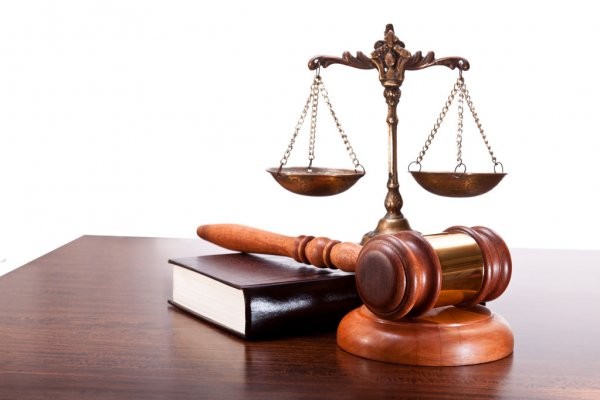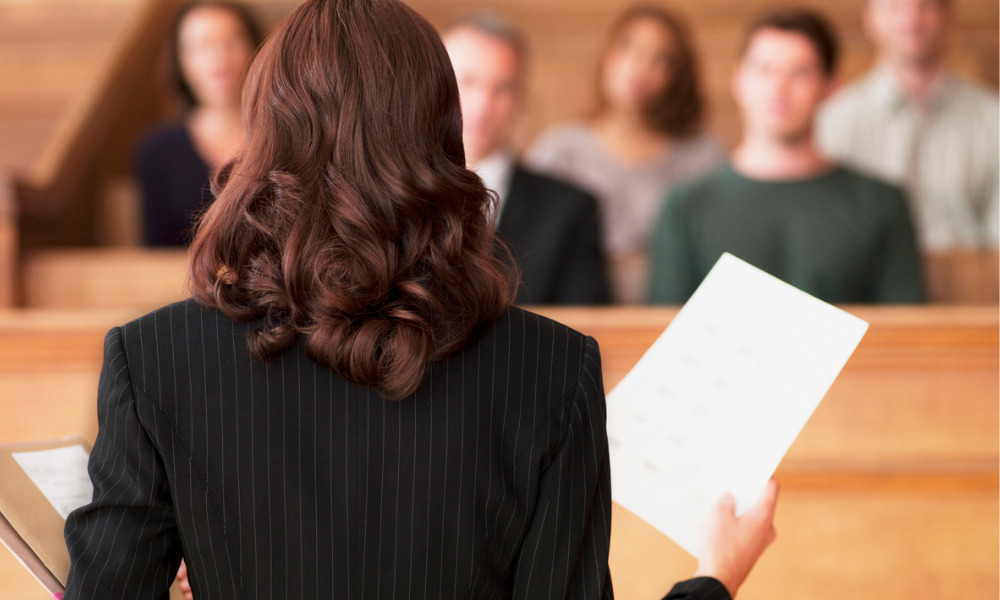When it comes to criminal trials, the selection of a jury can have a significant impact on the outcome of the case. The jury is responsible for hearing the evidence presented and deciding whether the defendant is guilty or not guilty. However, the selection process is not as straightforward as it may seem. In this article, we will explore the role of jury selection in the outcome of trials.
The Jury Selection Process
The process of selecting a jury involves several steps. First, a pool of potential jurors is created based on a list of eligible individuals in the community. The individuals are then summoned to the courthouse for jury duty and are asked to fill out a questionnaire. The questionnaire helps the lawyers and judge to determine whether the individual is suitable to serve on the jury.
Next, the lawyers for both the prosecution and the defense have the opportunity to question potential jurors during voir dire. The purpose of this questioning is to determine the jurors’ biases and beliefs that may influence their decision in the case. The lawyers may also use challenges to exclude potential jurors from serving on the jury.
The Importance of Jury Selection

Jury selection is important because the jurors ultimately decide the fate of the defendant. If the jurors have biases or beliefs that are unfavorable to the defendant, they may be more likely to find them guilty. On the other hand, if the jurors are sympathetic to the defendant, they may be more likely to find them not guilty.
Jury selection is particularly important in high-profile cases where the media has already shaped public opinion. In these cases, it may be difficult to find jurors who have not already formed an opinion about the case. It is the responsibility of the lawyers to select jurors who are open-minded and willing to listen to the evidence presented in court.
Strategies for Jury Selection
Lawyers use various strategies during jury selection to try to select jurors who are most likely to be sympathetic to their case. These strategies include:
- Asking questions about the jurors’ personal experiences and beliefs
- Asking questions about the jurors’ occupation and educational background
- Using challenges to exclude potential jurors who may be biased against their case
- Using challenges to exclude potential jurors who may be sympathetic to the other side’s case
It is important for lawyers to remember that they cannot exclude jurors based on their race, gender, or other protected characteristics. Doing so is a violation of the juror’s civil rights.
Jury selection plays a crucial role in the outcome of trials. Lawyers must select jurors who are open-minded and willing to listen to the evidence presented in court. They must also be careful not to violate the juror’s civil rights during the selection process. Ultimately, the decision of the jury can have a significant impact on the defendant’s life, making jury selection a critical part of the legal process.

